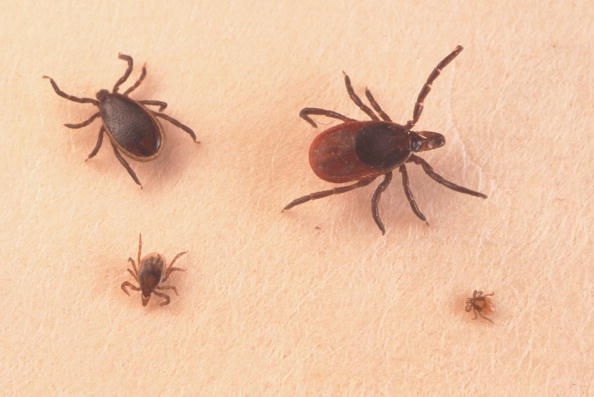
Vectorborne Disease Updates
CDC Releases Vectorborne Disease Update
The Centers for Disease Control and Prevention (CDC) released their newest Morbidity and Mortality Weekly Report last week entitled “Vital Signs: Trends in Reported Vectorborne Disease Cases- United States and Territories, 2004-2016.” This report highlights the troubling news that vectorborne infections have increased three-fold over the 2004-2016 study period. While the numbers of infections are going up, many vectorborne diseases are also spreading geographically into areas where they were previously uncommon.
The report also highlighted that nine new germs that are spread by mosquitoes and ticks have been discovered or introduced since 2004. Also included was information from a survey of vector control organizations that indicated that 80 percent of the organizations surveyed needed improvement in at least one of the five core capacities of vector control programs. IDSA President Paul Auwaerter, MD, MBA, FIDSA, released a statement reiterating the Society’s commitment to combat this alarming increase in vectorborne diseases. This statement was picked up by several news outlets covering the story.
IDSA has been advocating for increased funding for the CDC and National Institutes of Health (NIH) to develop better prevention and surveillance strategies for vectorborne diseases, as well as for new vaccines, treatments, and diagnostics for many emerging and re-emerging vectorborne diseases.
IDSA comments on upcoming HHS Tickborne Disease Working Group
The Department of Health and Human Services’ Tickborne Disease Working Group will hold its next meeting on May 10. The Working Group’s initial meeting was in December 2017 during which the group determined the scope and goals of its work, as well as the subcommittee topics that would be the focus of the group’s research. The subcommittee topic areas were defined as:
- Disease Vectors, Surveillance, and Prevention
- Pathogenesis, Transmission and Treatment
- Testing and Diagnostics
- Access to Care Services and Support to Patients
- Vaccine and Therapeutics
The upcoming meeting is to give an overview of the process used by the subcommittee to conduct their research. IDSA has provided written comments outlining which areas would benefit the most from additional research, as well as IDSA’s recommendations for each subcommittee topic.

